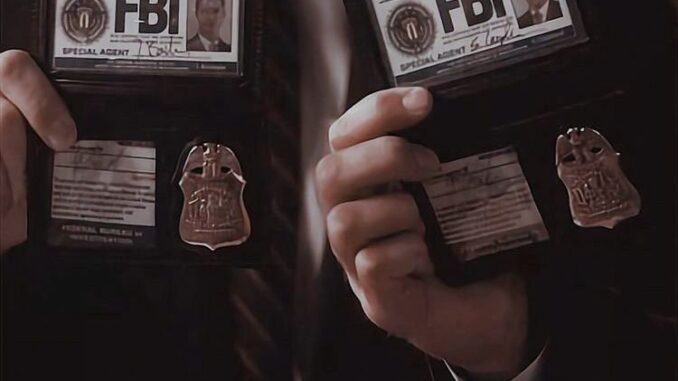
The “Breaking News” Urgency of the Cases
From its very first season, FBI has crafted storylines around issues deeply familiar to American life: terrorism, mass shootings, human trafficking, cybercrime, and even crimes rooted in racial prejudice. These situations often echo real-life events, making viewers feel as though they are watching a “news broadcast” translated into cinematic language.
This not only heightens the drama but also anchors the show in the very fears, debates, and anxieties that Americans confront every single day.
Terrorism and the Post-9/11 Shadow
A recurring theme in FBI is terrorism. Though more than two decades have passed since 9/11, its shadow still looms over American culture. The series repeatedly depicts bomb plots, large-scale attacks, and threats aimed at national symbols.
Artistically, this sustains narrative tension. Socially, it reflects America’s persistent unease—the fragility of security and the looming threats in a world marked by conflict.

Special Agent OA Zidan, an Egyptian-American, embodies this tension. His character represents those who must constantly prove their loyalty while carrying the burden of post-9/11 prejudice. This makes every terrorism-related case in the series not just an act of crime, but also a test of trust and social unity.
Mass Shootings and Gun Violence
In the U.S., mass shootings occur almost weekly, shaking communities nationwide. FBI often tackles this issue, portraying perpetrators not only as organized criminals but also as alienated individuals radicalized by ideology or despair.
The show poses a pressing question: how can society identify dangers early in a nation that prizes freedom yet remains saturated with guns? By doing so, the series turns real-world tragedies into urgent on-screen warnings.
Cybercrime and the Fear of Globalization
Many episodes dive into hackers, data theft, and financial sabotage. In the digital age, these “invisible” criminals are perhaps even more terrifying than those with guns, capable of paralyzing entire cities with just a few lines of code.
FBI builds suspense through high-tech investigations while highlighting a sobering truth: national security no longer lies solely at the borders, but within every computer and smartphone.
Social Prejudice and Racial Conflict
A sensitive yet crucial element in FBI is its exploration of crimes rooted in racial or religious bias—hate crimes targeting immigrants, Muslims, or minority groups.
This framing elevates each case beyond individual wrongdoing, transforming it into a mirror of America’s fractured social fabric and the tensions that define modern society.

The Significance of “Breaking Into the Headlines”
By grounding its stories in urgent real-world contexts, FBI:
- Pushes audiences beyond entertainment, prompting reflection on major social issues.
- Creates intimacy, as if viewers are witnessing America’s current reality through the lens of television drama.
- Raises ethical questions: in a world of constant threats, how can society balance national security with personal freedom?
In short, the “ripped-from-the-headlines” cases in FBI are what give the show its distinctive power. They don’t just heighten suspense; they allow television to enter the larger conversation about security, justice, and diversity in contemporary America.